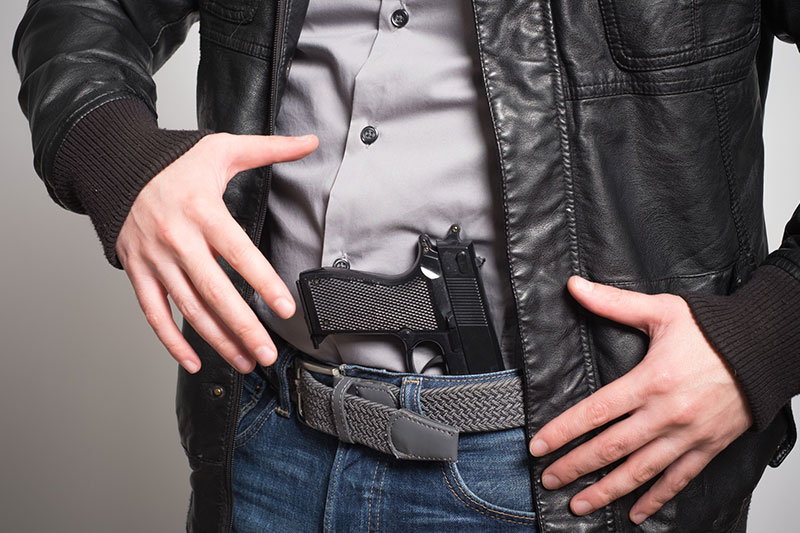A national gun-carry reciprocity bill was reported through the House Judiciary Committee on Wednesday. The Concealed Carry Reciprocity Act of 2017 now awaits a vote from the full House, which Committee members are pushing for before the year is out.
The committee vote represents the most significant movements that the Congress has yet made on this major gun-rights legislation since the 2016 election of Donald Trump.
The bill would require states to recognize each other’s gun-carry permits. It would further allow anyone with a valid state-issued gun-carry permit and a valid government-issued photo ID to carry a firearm between any state legally. Each state would still have their own control over when and where carrying the gun would be allowed inside its own borders.
The bill is meant to make it simpler for the law-abiding gun owners to carry a gun outside of their home states. Currently, each of the states decides which other states’ permits it would continue to recognize. Some of the states, like Virginia, recognize all the other state permits. Other states, like New Jersey, don’t recognize any of the permits other than their own. Most of these states fall somewhere in the middle.
House Judiciary Committee chairman Bob Goodlatte had said that the bill would protect American’s rights and make their country safer.
“Today the House Judiciary Committee took action to protect Americans’ constitutional right to bear arms and enhance public safety,” Goodlatte had said. “The Concealed Carry Reciprocity Act ensures that law-abiding citizens’ Second Amendment right does not end when they cross state lines.”
The bill’s main sponsor, Representative Richard Hudson, said that the national reciprocity is necessary because of the extremely confusing nature of the current system.
“My bill is a simple, common sense solution to the confusing hodgepodge of concealed carry reciprocity agreements between states,” Hudson had said. “It will affirm that law-abiding citizens who are qualified to carry concealed in one state can also carry in other states that allow residents to do so.”
He had pointed to the case of Shaneen Allen, a single mother from the state of Philadelphia and who was arrested for carrying a gun in New Jersey, as an example of the problems with the current system. After Allen had legally purchased a firearm and had obtained a Pennsylvanian gun-carry permit, she traveled to the Atlantic City to attend a birthday party for one of her sons when she was stopped by a police officer. She was then arrested for having the gun with her because New Jersey does not recognize any of the gun-carry permits from her home state. Allen said that she was never told and was not even aware that her permit was not valid just across the Delaware River in New Jersey.
Cox too cheered the committee passing the bill through the markup on Wednesday.
“Law-abiding citizens should be able to exercise their fundamental right to self-defense while traveling across state lines without fear of unknowingly breaking the law,” Cox had said. “For years, the National Rifle Association’s top legislative priority has been to pass National Concealed Carry Reciprocity, a much-needed solution to the confusing patchwork of state and local gun laws. The NRA and law-abiding gun owners across America are excited to see this important legislation headed for a vote in the House of Representatives.”























